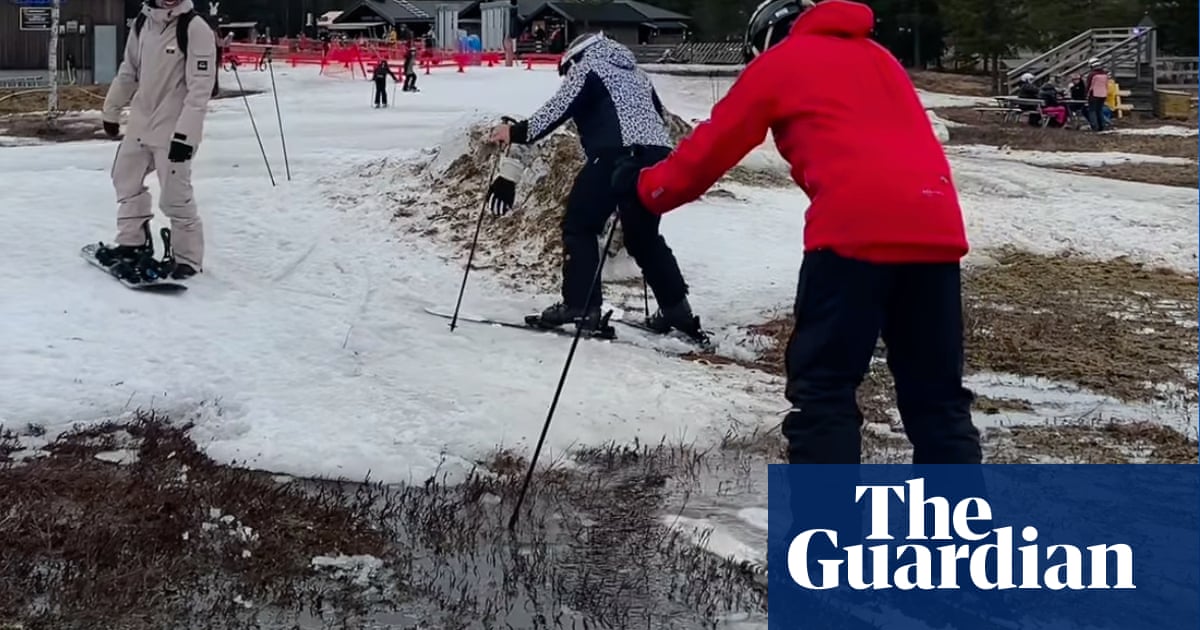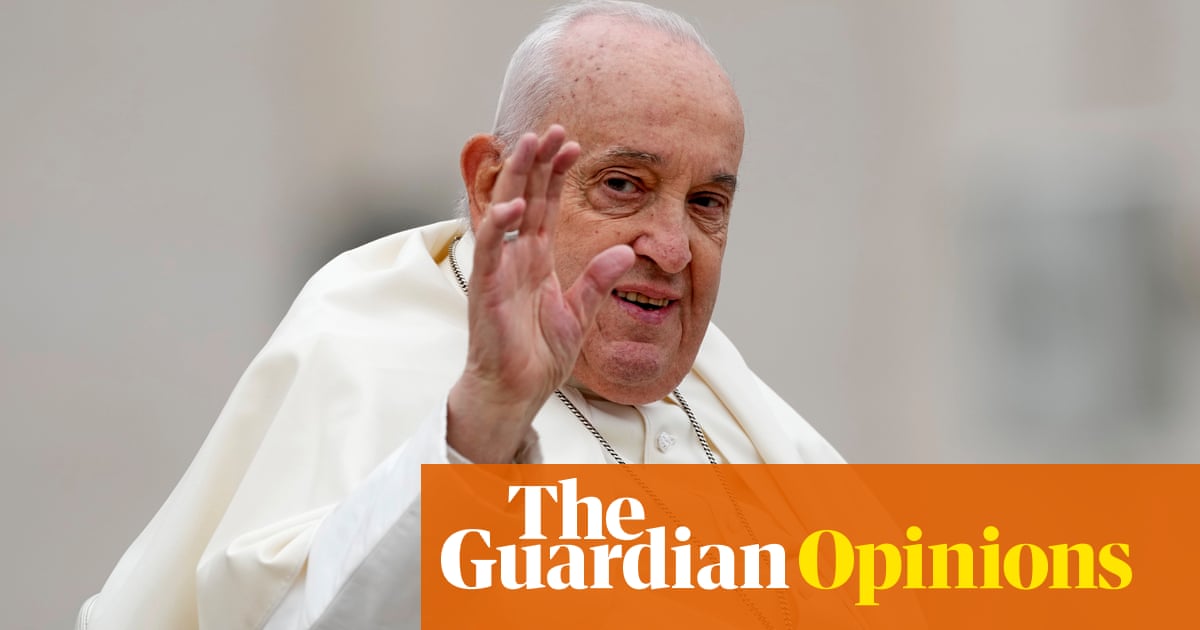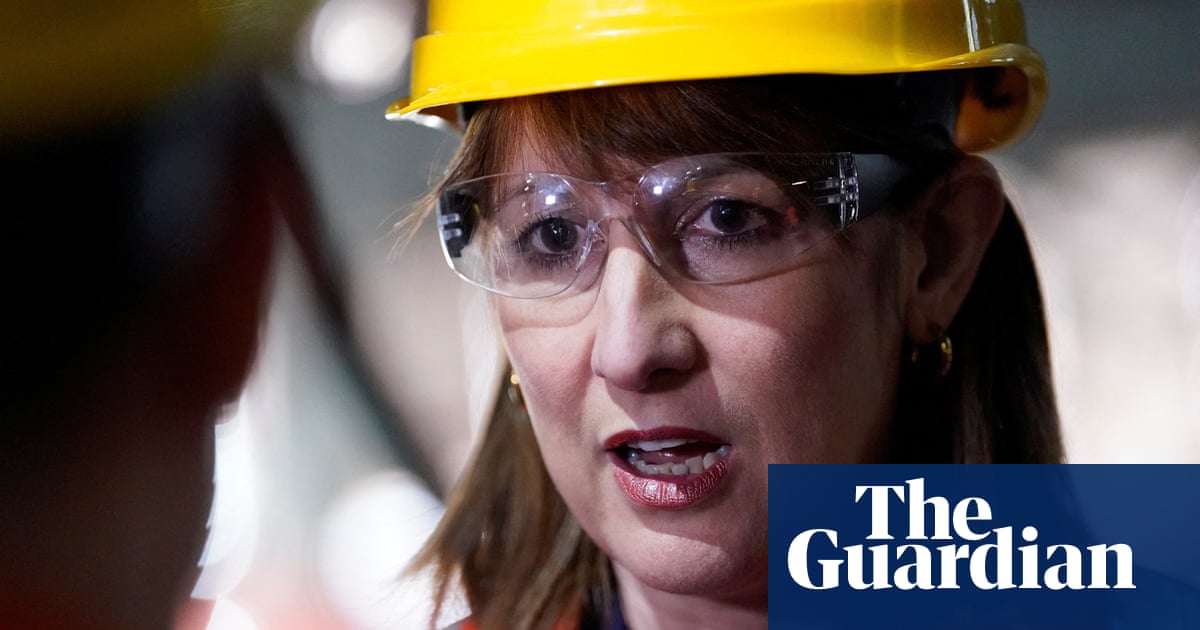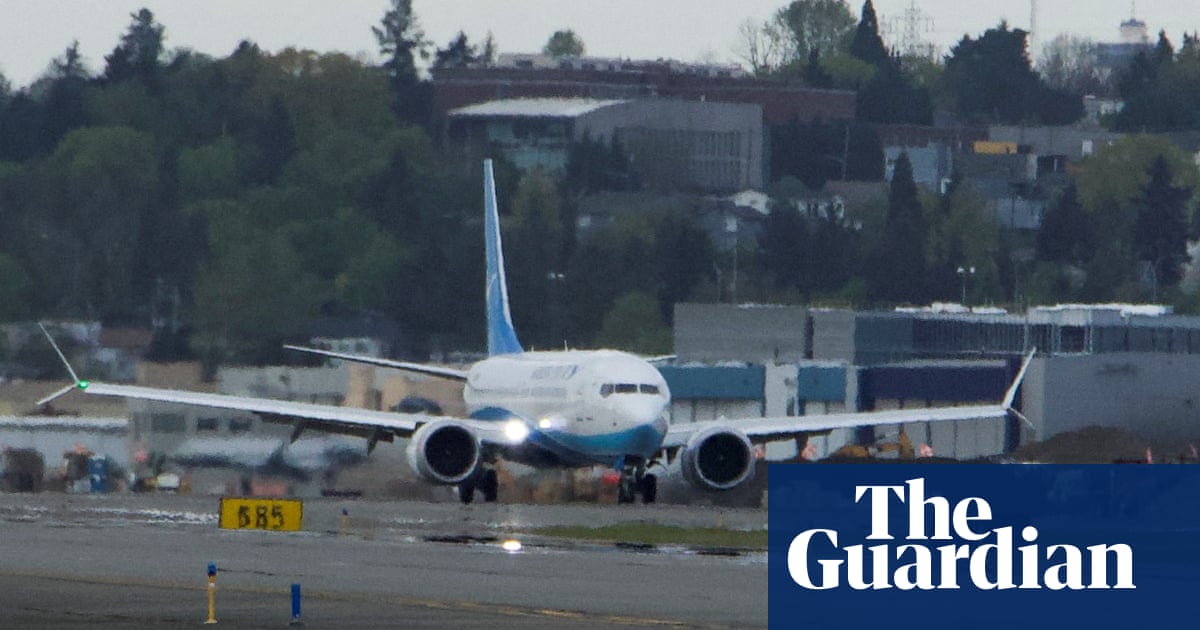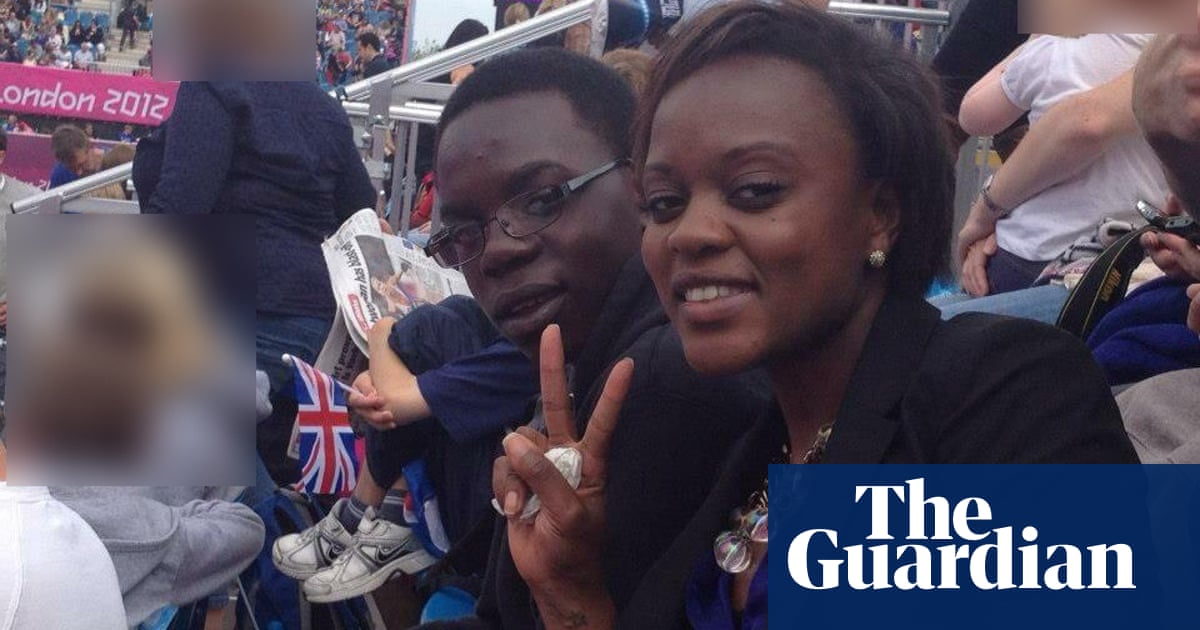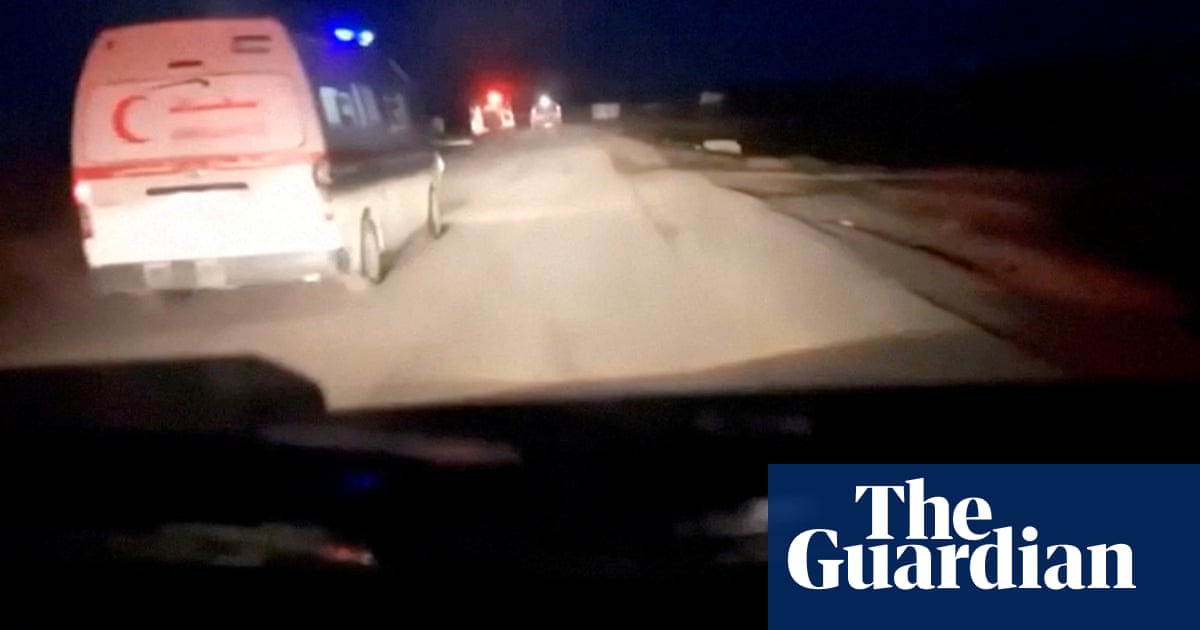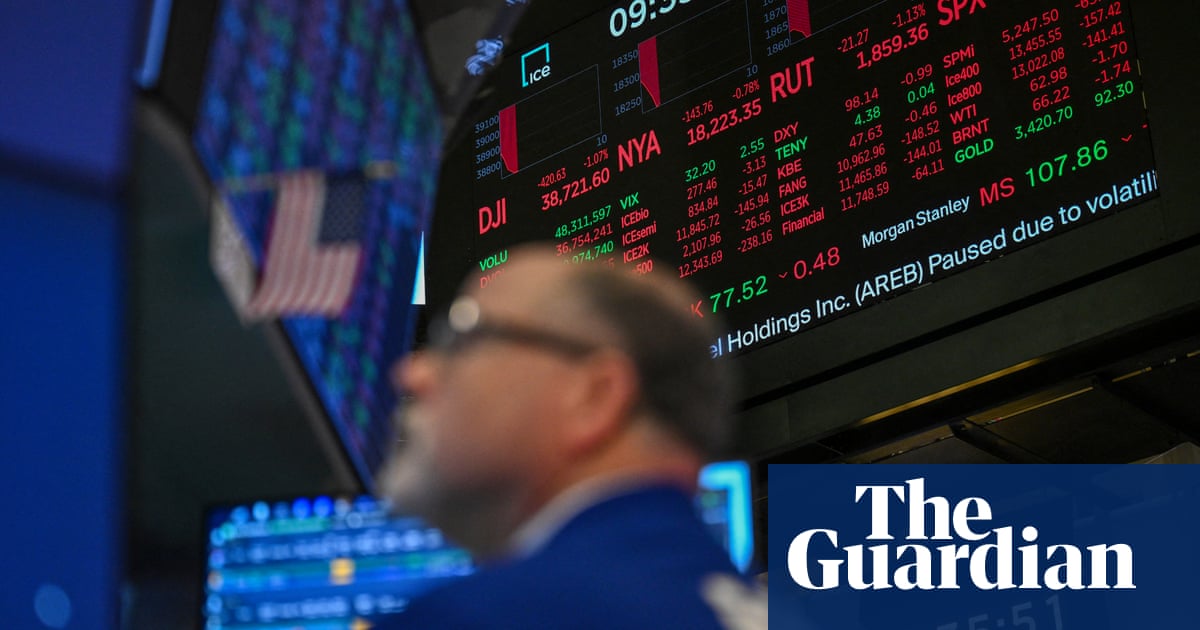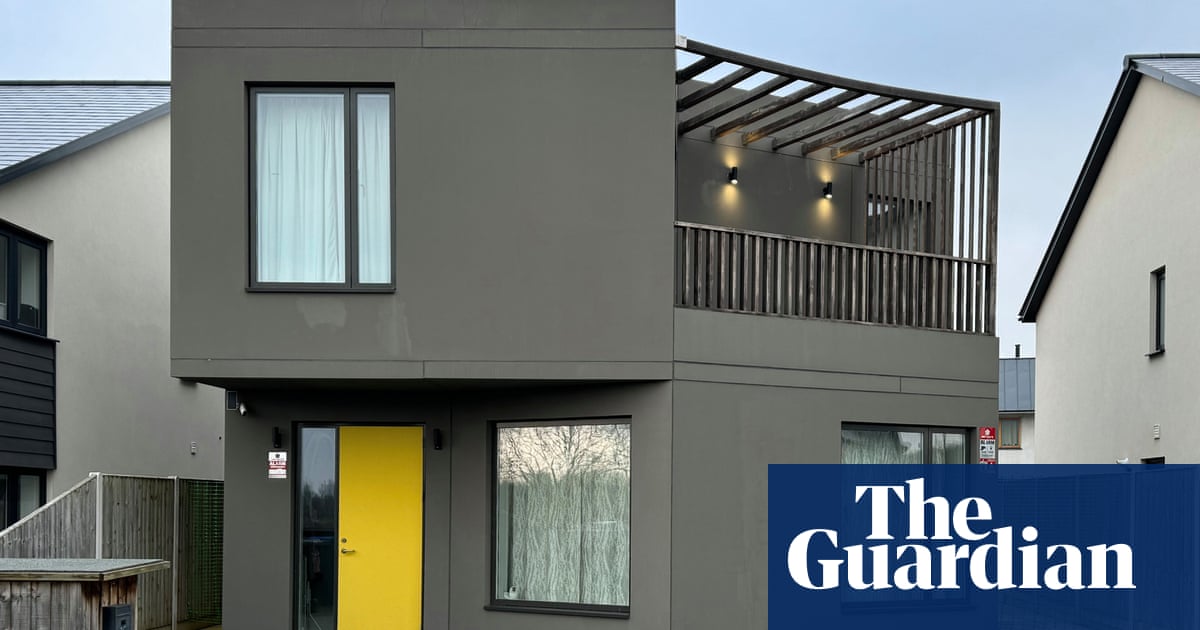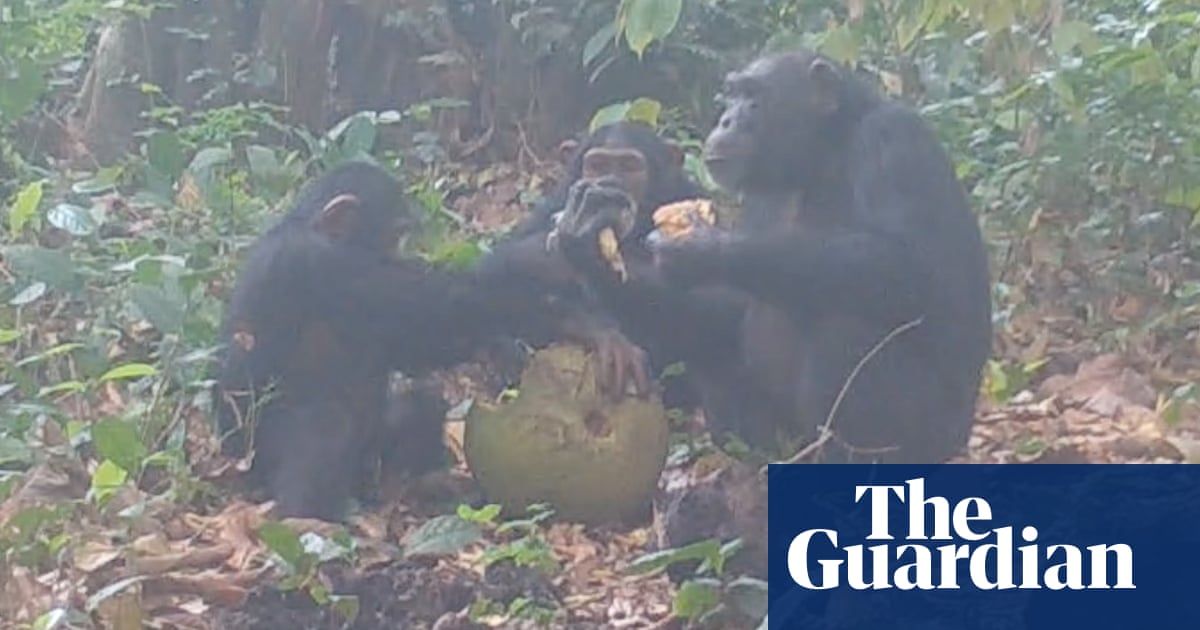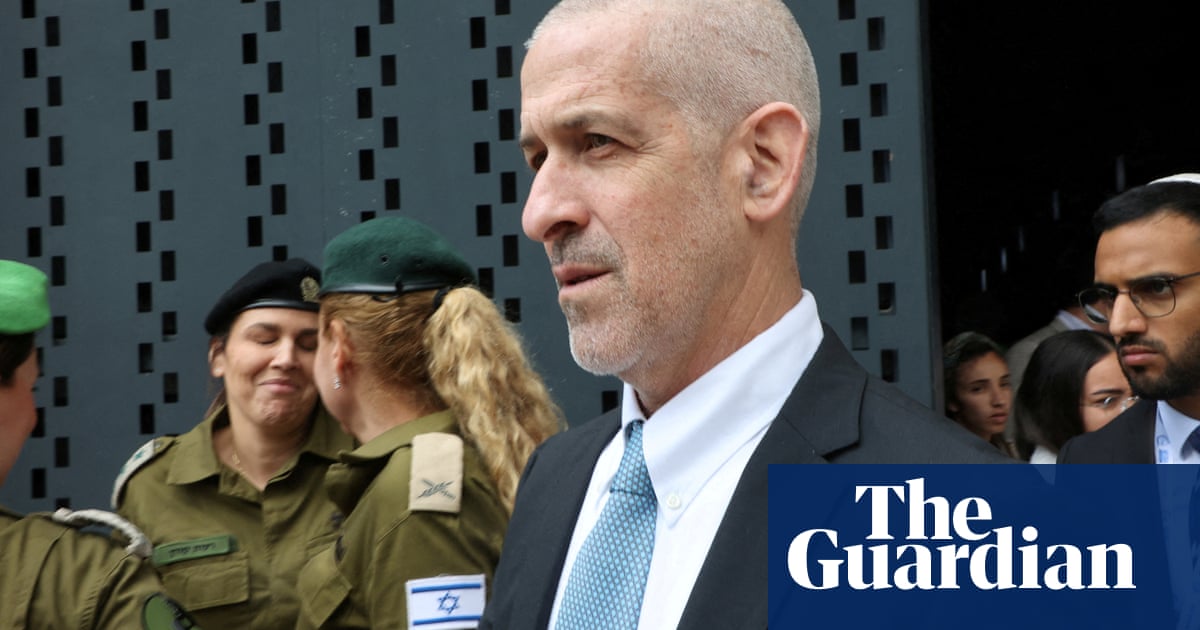South Korea’s arrested president, Yoon Suk Yeol, will not attend a new round of questioning by investigators on Friday, his lawyer said, as authorities face an imminent deadline to obtain a warrant to extend his detention or release the embattled leader.
In order to hold Yoon in custody for longer, investigators are expected on Friday to ask a court to approve a detention warrant for up to 20 days, legal experts said.
On Wednesday, Yoon became the first sitting South Korean president to be arrested, over a probe into whether he committed insurrection when he briefly imposed martial law in early December. He is being held at the Seoul detention centre.
Although Yoon’s lawyers challenged the legality of his arrest, the Seoul Central district court struck down the challenge late on Thursday, ruling that the arrest was legal.
The Corruption Investigation Office for High-ranking Officials (CIO), which is leading the criminal probe, recalled Yoon for questioning on Friday, but his lawyer said the suspended president would not attend.
“He has fully stated his basic position on the first day (of the arrest), and we believe there is no reason or need to answer the Q&A style back-and-forth,” Yoon’s lawyer, Seok Dong-hyeon, said in a statement.
Yoon, who has stonewalled efforts to interrogate him, also refused to be questioned on Thursday.
Authorities have 48 hours to question the impeached president, after which they must release him or seek a warrant to detain him for up to 20 days.
The 48-hour countdown is expected to end on Friday evening after it was paused to allow a court to review the challenge to his arrest, Yonhap news agency said, citing the CIO.
Seok said on Friday that investigators were expected to seek a detention warrant, adding, “We hope that there will be more careful and comprehensive consideration” of the arrest’s “illegality” when a court reviews the warrant.

South Korea is grappling with its worst political crisis in decades, sparked by Yoon’s brief attempt to impose martial law on 3 December that was voted down by parliament.
While the US has criticised Yoon’s declaration of martial law, national security adviser Jake Sullivan warned last week there was a risk nuclear-armed North Korea could try to exploit the political situation in Seoul.
North Korea has largely avoided public comment on the situation in Seoul, but Yoon’s arrest was reported in state media on Friday, two days after the event.
The Rodong Sinmun newspaper cited foreign media to say it was the first arrest of an incumbent president in South Korea.
“Yoon Suk Yeol is not following legal procedures at the expense of the national order for individual interests,” the paper said.
In December, North Korean state news agency KCNA described Yoon’s attempt to impose martial law as an “insane” act that had unleashed a “dictatorship on the people”.

.png) 3 months ago
26
3 months ago
26
